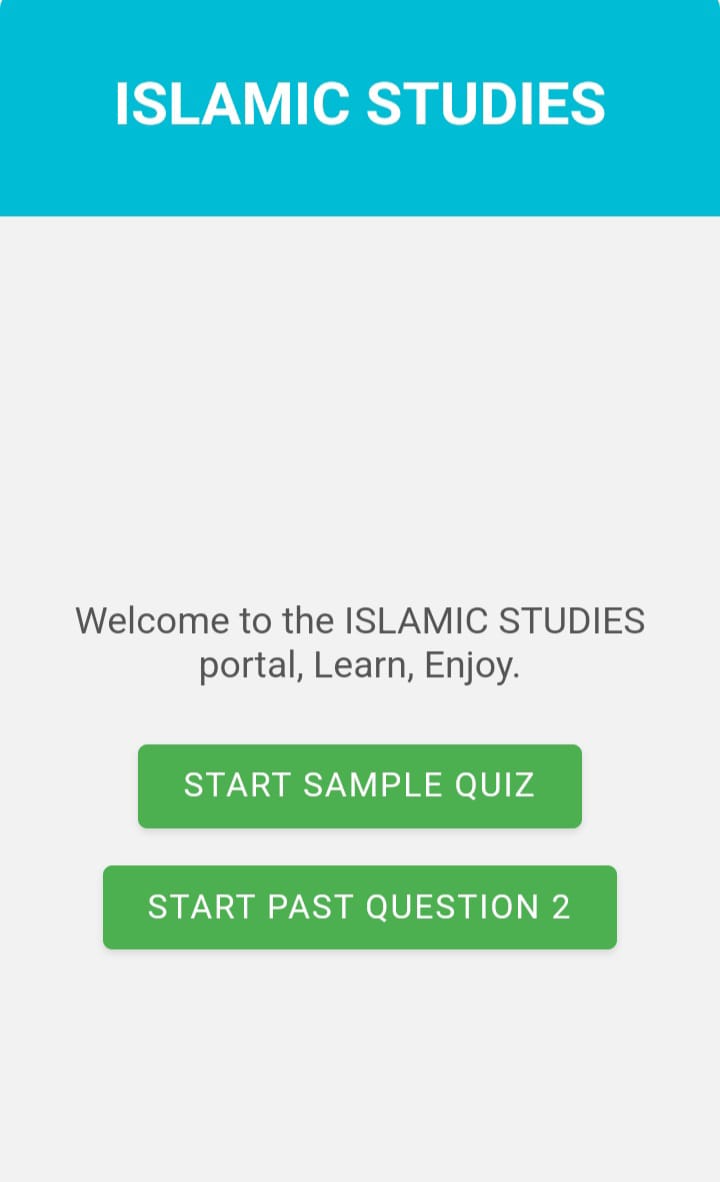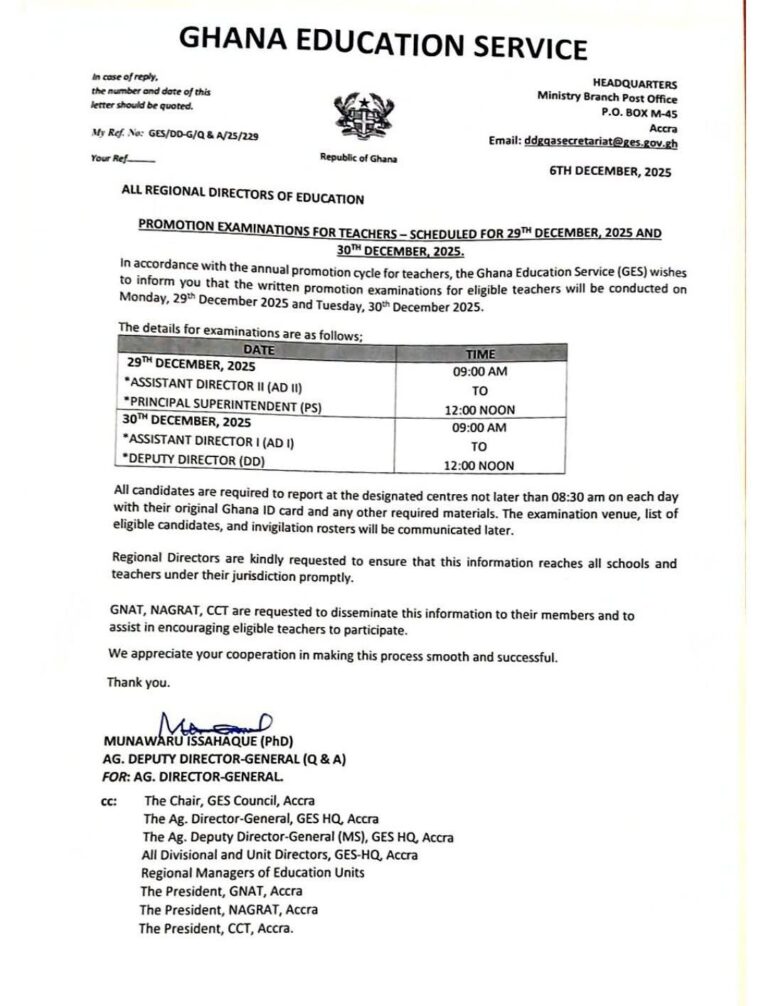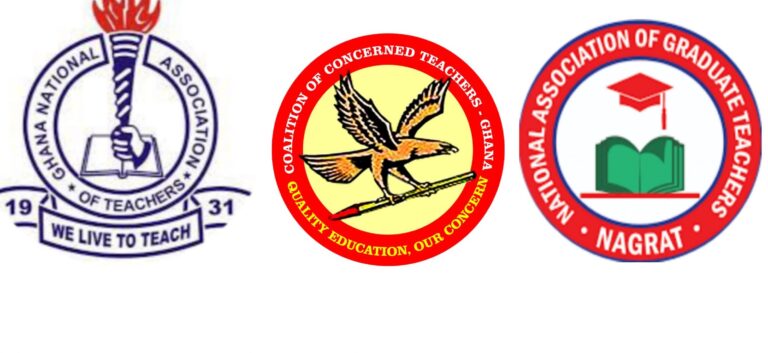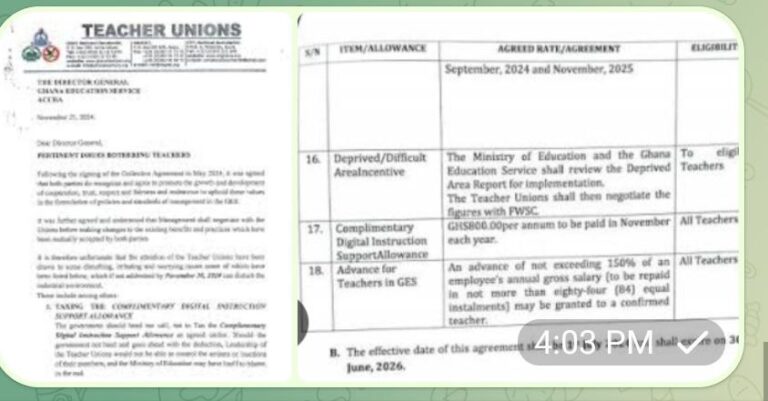
Islamic Studies: Content Areas and Competencies
1. Pre-Islamic Arabia and the Life of Prophet Muhammad (SAW)
Competencies:
-
Demonstrate understanding of the concept of Jahiliyyah in the pre-Islamic period.
-
Demonstrate knowledge of the characteristics of Arabs during the Jahiliyyah period.
-
Demonstrate knowledge of the life history of Prophet Muhammad (SAW).
-
Understand moral lessons from the Prophet’s (SAW) life.
Descriptive Statements:
-
Define Jahiliyyah and its significance.
-
Identify key traits of pre-Islamic Arabian society.
-
Appreciate the Prophet’s (SAW) biography.
-
Extract moral lessons from his life.
2. The Four Orthodox Caliphs
Competencies:
-
Understand the concept of the caliphate in Islam.
-
Demonstrate knowledge of the Rightly Guided Caliphs’ biographies.
Descriptive Statements:
-
Discuss the meaning of Caliphate.
-
Study the lives of the four Caliphs (Abu Bakr, Umar, Uthman, Ali).
3. Qur’an and Hadith
Competencies:
-
Understand the concept of revelation (Wahy).
-
Analyze the Qur’an’s preservation, compilation, and standardization.
-
Differentiate between Makkan and Madinan Suwar.
-
Explain how Hadith aids Qur’anic understanding.
Descriptive Statements:
-
Define revelation in Islam.
-
Examine the Qur’an’s compilation history.
-
Compare Makkan and Madinan chapters.
-
Show how Hadith complements the Qur’an.
4. Shari’ah, Jurisprudence, Marriage, and Divorce in Islam
Competencies:
-
Understand Shari’ah (Islamic law).
-
Know the sources and importance of Islamic law.
-
Understand Islamic marriage and divorce concepts.
-
Analyze Shari’ah provisions on marriage and divorce.
Descriptive Statements:
-
Define Shari’ah.
-
Identify its sources (Qur’an, Sunnah, Ijma’, Qiyas).
-
Explain Islamic rulings on marriage and divorce.
-
Discuss legal procedures in Islam.
5. The Five Pillars of Islam
Competencies:
-
Know the core practices of Muslims.
-
Understand the five pillars and their implications.
-
Extract moral lessons from them.
Descriptive Statements:
-
Analyze Shahadah, Salah, Zakat, Sawm, Hajj.
-
Discuss their spiritual and social impact.
-
Reflect on their ethical teachings.
6. Articles of Faith
Competencies:
-
Understand Iman (faith) and its principles.
-
Learn moral lessons from the six articles of faith.
-
See how Tawheed (Oneness of God) shapes Muslim life.
Descriptive Statements:
-
Define faith (Aqeedah).
-
Discuss belief in Allah, Angels, Books, Prophets, Day of Judgment, and Divine Decree.
-
Explain Tawheed’s influence on Muslims.
7. Religious Festivals
Competencies:
-
Know Islamic festivals (Eid al-Fitr, Eid al-Adha).
-
Understand their historical and social significance.
-
Assess their impact on society.
Descriptive Statements:
-
Identify key Islamic celebrations.
-
Study their origins and practices.
-
Examine their role in Muslim communities.
8. Islam and Other Major Religions
Competencies:
-
Understand interreligious dialogue in Islam.
-
Recognize the importance of peaceful coexistence.
-
Study early Islamic examples of religious tolerance.
Descriptive Statements:
-
Define Islamic views on interfaith relations.
-
Discuss coexistence with Judaism and Christianity.
-
Cite historical precedents (e.g., Medina Charter).
9. Islam and Gender Relations
Competencies:
-
Understand gender roles in Islam.
-
Examine gender mainstreaming in Muslim activities.
-
Compare the spiritual, social, and economic duties of men and women.
Descriptive Statements:
-
Explain Islamic gender principles.
-
Analyze equity in Muslim societies.
-
Identify responsibilities for both genders.
10. Islam and National Development
Competencies:
-
Understand Islamic perspectives on development.
-
Study Muslim contributions to national progress.
-
Analyze activities promoting peace and growth.
Descriptive Statements:
-
Define development in Islam.
-
Assess Muslim-led initiatives.
-
Evaluate their societal impact.
Test Blueprint (Assessment Weighting)
| Content Area | Recall (15%) | Skill/Concept (25%) | Strategic Thinking (30%) | Extended Thinking (30%) | Total |
|---|---|---|---|---|---|
| 1. Pre-Islamic Arabia & Prophet (SAW) | 2 | 3 | 3 | 3 | 11 |
| 2. The Four Caliphs | 1 | 2 | 2 | 2 | 7 |
| 3. Qur’an & Hadith | 2 | 3 | 3 | 3 | 11 |
| 4. Shari’ah & Marriage | 2 | 3 | 4 | 4 | 13 |
| 5. Five Pillars of Islam | 2 | 2 | 3 | 3 | 10 |
| 6. Articles of Faith | 1 | 2 | 2 | 2 | 7 |
| 7. Religious Festivals | 1 | 1 | 2 | 2 | 6 |
| 8. Islam & Other Religions | 1 | 3 | 4 | 4 | 12 |
| 9. Islam & Gender Relations | 2 | 3 | 3 | 3 | 11 |
| 10. Islam & National Development | 1 | 3 | 4 | 4 | 12 |
| Total | 15% | 25% | 30% | 30% | 100% |
For the past question, click here: https://ntc.gov.gh/practice_test/islamic_studies/
Follow us on WhatsApp for more updates: https://whatsapp.com/channel/0029VaCyYGIFHWpx22L38a2K
Seekers Consult
Contact Us for Your Study Abroad Journey
We search for schools and check available scholarships for you
Contact: 0550414552 / 0362297079
Loan for government workers
Transcript Application
English Proficiency
Recommendation letter
Project work/thesis for undergraduate, master’s, and PhD students.




